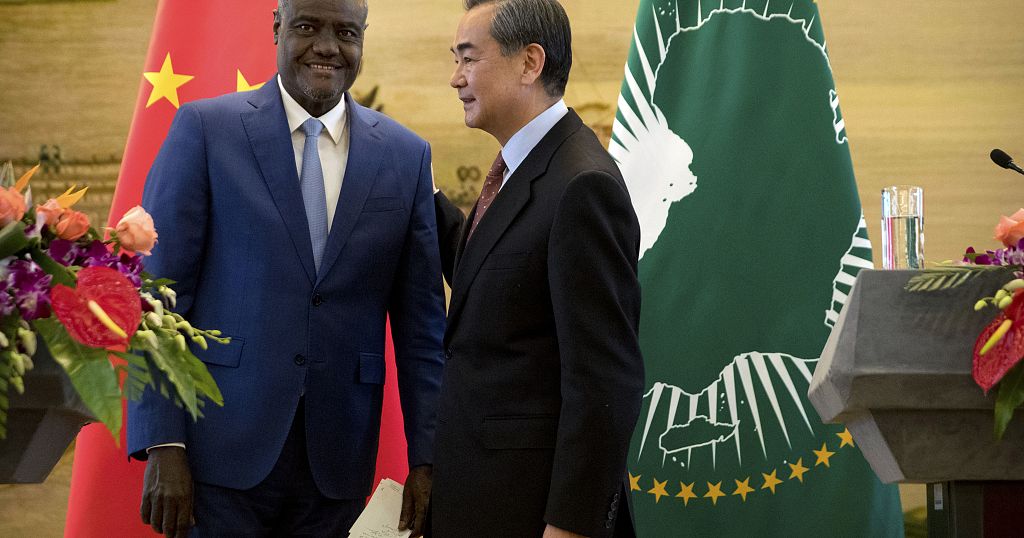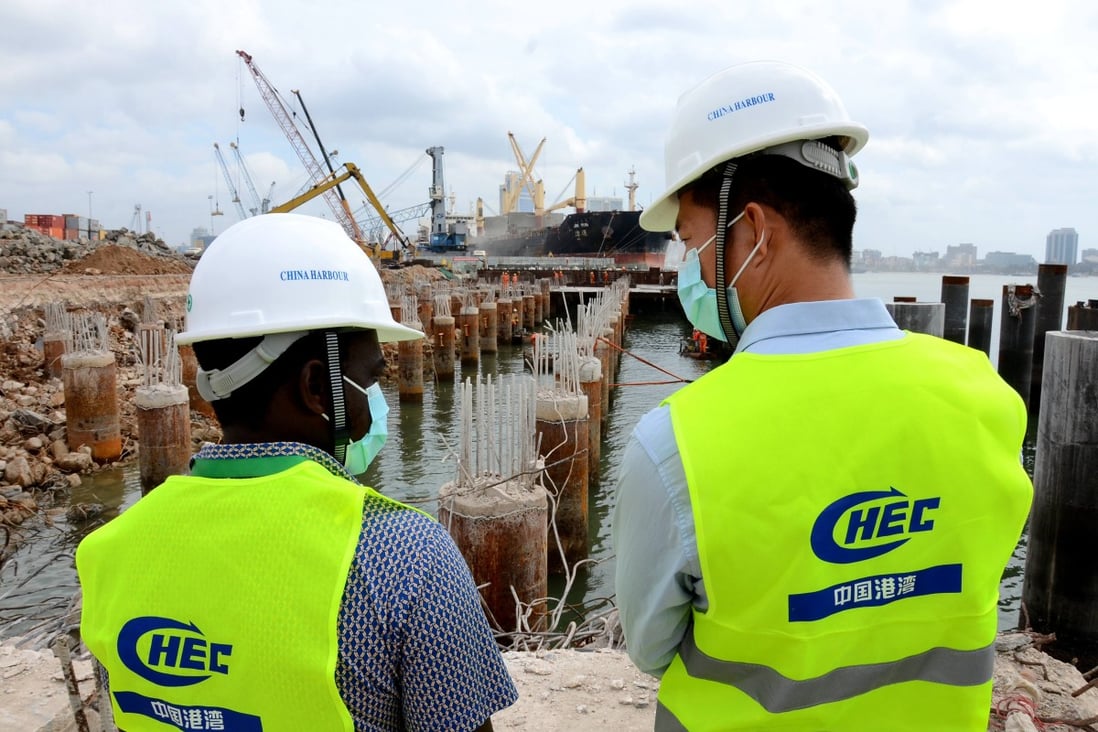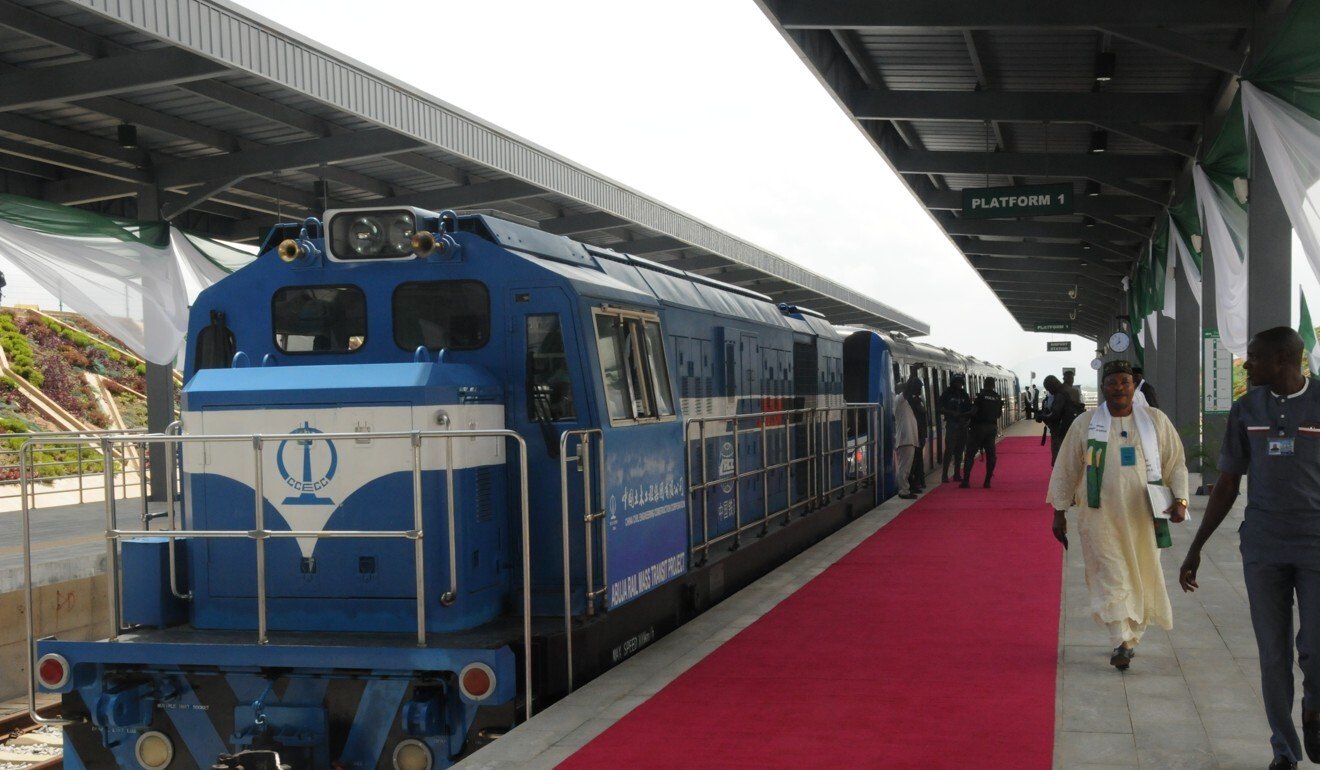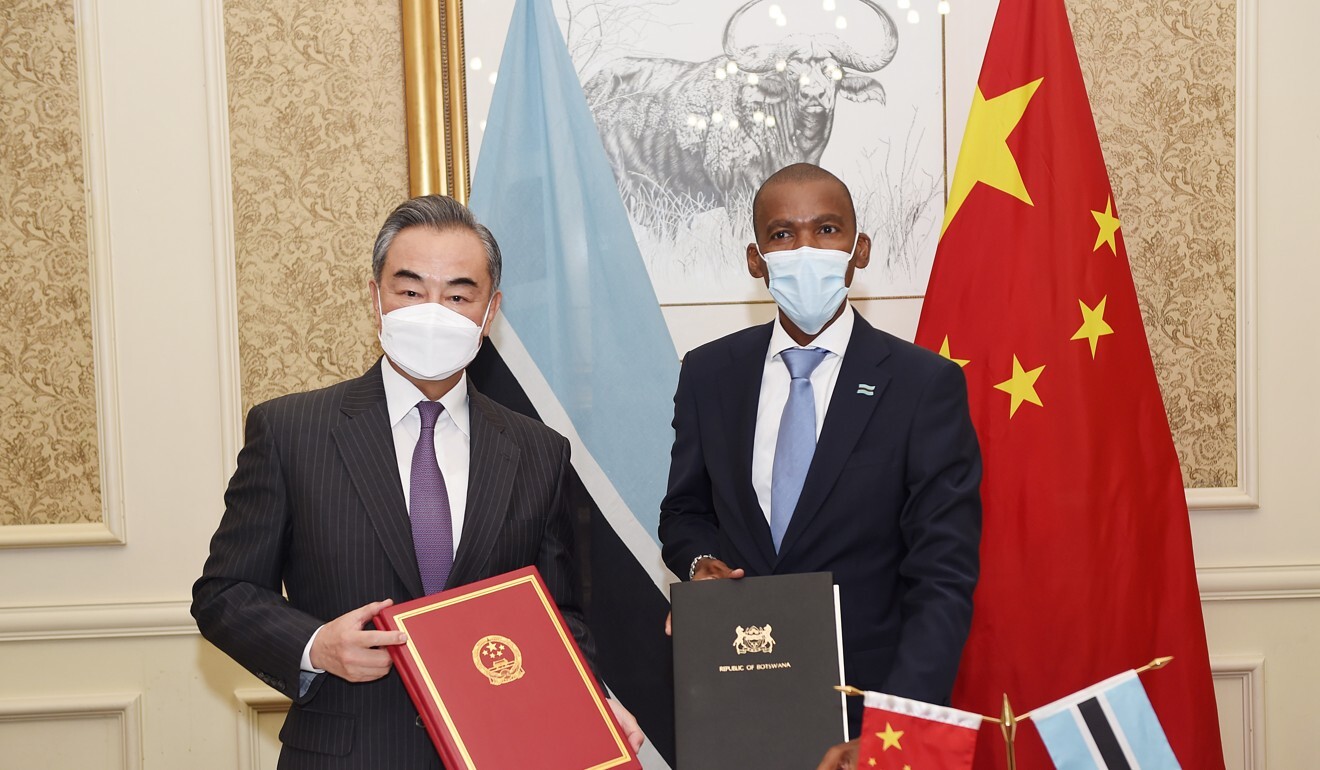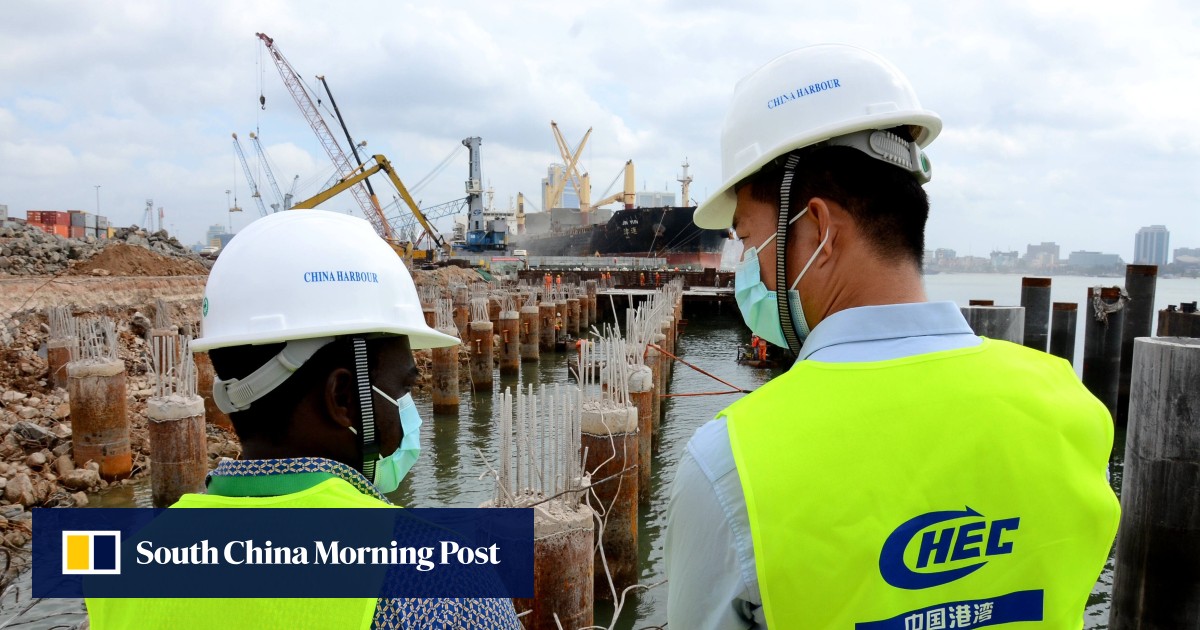Geza Ulole
JF-Expert Member
- Oct 31, 2009
- 59,219
- 79,480
Chinese firm set to develop sprawling Tanzania tourist town
October 3, 2017
[https://45f834269e626fd5bc92d3c0-lgqvurlx]
Standing as the first town on the Tanzanian coast where early travelers anchored during their discovery missions and Christian religion expansion in Tanzania and Central Africa, Bagamoyo town is rising up again after a Chinese company set a mega-business project going in the area.
Bagamoyo town, which was established over 1,000 years ago by early Arab travelers to the Eastern African coast and later became a slave trade transit port, was the designated port for Tanzania during the early days of Arab and German administration in Tanzania.
Famous European missionaries and explorers to East Africa, including Dr. David Livingstone and Henry Morton Stanley, among others, kicked-off their trek to the African bush at Bagamoyo,, while the first Arabian settlers chose Bagamoyo as their official residence.
Germans administration chose Bagamoyo as their capital before moving to Dar es Salaam, the present business and commercial capital of Tanzania.
Now, the Special Economic Zone (SEZ) in Bagamoyo, 75 kilometers from Dar es Salaam, is set to be run by China Merchants Holdings International (CMHI).
[https://45f834269e626fd5bc92d3c0-lgqvurlx]
Projects envisaged in the Special Economic Zone area include the development of industrial parks (US$120 million), establishment of tourism parks (US$70 million), free port facilities (US$90 million), a free trade zone (US$70 million), science and technological parks (US$50 million), an international business center (US$70 million), and construction of industrial sheds (US$20 million), CMHI management said.
The Managing Director of China Merchants Holdings International, Dr. Hu Jianhua, said the Bagamoyo project framework agreement was signed on March 24, 2013 to enhance the competitive advantages of the Tanzanian port in the future.
“The ongoing Bagamoyo port project, which is an expansion of CMHI’s overseas port, will never stop,” Dr. Jianhua said.
The Bagamoyo port and its affiliated industrial zone would not only do away with the conflict between old port congestion and new urban development, but would also support Tanzania to become an East African regional leading center for shipping, tourism, and logistics.
Tanzanian Minister for Industries and Trade Mr. Charles Mwijage told eTN that the Bagamoyo mega-business project was going smoothly.
The government had negotiated with prospective investors to compensate residents so as to pave a way for development of business projects, the port, and other economic ventures in the area, Mr. Mwijage said.
When completed, the Bagamoyo port will be capable of attracting and handling international tourist cruise ships.
He said 190 industries have been marked for development within the area to attract other business ventures, including tourist hotels and other tourism services.
The Framework Agreement in relation to this project was signed in Tanzania in 2013 and was witnessed by then Tanzanian President Kikwete and the Chinese President Mr. Xi Jinping as part of the 1.28 trillion shillings infrastructure package deals.
The Bagamoyo project will be developed under tripartite agreement of the government of Tanzania, China Merchants Holdings International (CMHI) from China, and State Government Reserve Fund (SGRF) from Oman.
Under the signed tripartite agreement, the State Government Reserve Fund (SGRF) from Oman will provide funds to facilitate the Bagamoyo EPZA through CMHI which will be running the project.
CMHI said in its report that the Bagamoyo Special Economic Zone (SEZ) is part of its global investments. In Africa, the Chinese company had invested in Kenya, Ethiopia, Togo, Nigeria, and Djibouti.
The delegation from the Sultanate of Oman led by the Minister for Transport and Communication, Sheikh Abdullah Al Saadi, visited Tanzania 2 years ago to witness the laying down of the foundation stone for the SEZ project which occupies 9,800 hectares.
Bagamoyo town was once a most important trading port along the East African Coast and a German East Africa capital. Bagamoyo is home to different cultures including people of Arab descent who coexist in Bagamoyo making the town a peaceful and friendly place for visitors from all over the world.
The town of Bagamoyo was one of the most important trading ports on the East African coast and the penultimate stop of slave and ivory caravans traveling on foot from Lake Tanganyika on their way to Zanzibar.
Missionaries active in abolishing the slave trade made Bagamoyo, whose name means “Lay Down my Heart” in Kiswahili, was a center for early travelers and missionary activities in East and Central Africa.
Bagamoyo is a quiet village with a few German colonial buildings still standing. In the past, the town of Bagamoyo was one of the most important trading ports on the entire East African coast.
The old port was the stop of slave and ivory caravans that traveled on foot all the way from the rest of East and Central Africa. Once the caravans reached Bagamoyo, the slaves and ivory were shipped by dhows to Zanzibar, where they were then dispatched all over the world.
Bagamoyo town is surrounded by old buildings of the previous generation, and beautiful Arab architecture with thick walls of earth fitted with well-carved doors made of thick African hardwood.
Source: Chinese firm set to develop sprawling Tanzania tourist town - eTurboNews (eTN)
=======================
Tanzania surrenders Bagamoyo port project to Chinese firm
TUESDAY OCTOBER 3 2017
In Summary
Under a three-way partnership signed with Oman and China in 2013, Tanzania was to get an undisclosed shareholding in the project by dint of raising $28 million for compensating landowners who were to be displaced.The Bagamoyo project framework agreement was signed on March 24, 2013 to enhance competition along the EastAfrican coast and supplement the Tanzanian ports of Dar es Salaam and Mtwara.The Bagamoyo port and its affiliate industrial zone is meant to address congestion at the old port and support Tanzania to become East Africa’s leading shipping and logistics centre. The port is located about 75 kilometres from Dar es Salaam and 10 kilometres from Bagamoyo town.
By APOLINARI TAIRO
Financial constraints have forced Tanzania to miss out on ownership of the $10 billion Bagamoyo Port and Special Economic Zone project.
Under a three-way partnership signed with Oman and China in 2013, Tanzania was to get an undisclosed shareholding in the project by dint of raising $28 million for compensating landowners who were to be displaced.
But the government managed to raise only $1.5 million and compensated a few of the 2,180 registered residents of the area earmarked for the project. There are other owners of large tracts who do not reside in the area and are yet to be registered for the compensation.
With investors anxious of losing the business opportunities envisaged from the project, the government is now negotiating with the investment partners for them to fund the compensation of land owners. In turn, the government will forego an equity stake in the project and only benefit from taxes on the land and occupancy by the investors.
Minister for Industries and Trade Charles Mwijage told The EastAfricanthat the discussions with investment partners also revolve around the legal framework to ensure there would be no conflict between them and the Bagamoyo community.
China Merchants Holdings International (CMHI), a port management firm, is understood to be ready to raise money for the compensation. CMHI managing director Hu Jianhua said in a statement two weeks ago that the company would run Bagamoyo as one of its overseas ports.
“We had not abandoned this project. We were waiting to compensate the people whose land was taken for development of various business programmes,” he said.
CMHI said in its report that the Bagamoyo SEZ is part of its global investments. In Africa, the Chinese company has invested in Kenya, Ethiopia, Togo, Nigeria and Djibouti.
READ: AfDB gives Tanzania $1.1 billion for railway, Bagamoyo port
The Bagamoyo project framework agreement was signed on March 24, 2013 to enhance competition along the EastAfrican coast and supplement the Tanzanian ports of Dar es Salaam and Mtwara.
Retired President Jakaya Kikwete touted the project during his term, vowing to construct Tanzania’s biggest port at the former slave harbour with funding from Oman and China.
However, when President John Magufuli came to office in 2015, the project took a backseat as the government prioritised improvements of Dar es Salaam, Mtwara and Tanga ports.
The Bagamoyo port and its affiliate industrial zone is meant to address congestion at the old port and support Tanzania to become East Africa’s leading shipping and logistics centre. The port is located about 75 kilometres from Dar es Salaam and 10 kilometres from Bagamoyo town.
Some 190 industries have been marked for development within the SEZ. When fully developed, the Bagamoyo SEZ will attract about 700 industries to become a strategic investment zone in East Africa.
CMHI said among the projects envisaged in the Zone are industrial parks worth $120 million, a $70 million tourism Park, free port facilities ($ 90 million), free trade zone ($70 million), Science and Technology parks ($ 50 million), International business centre ($70 million) and industrial sheds costing $20 million.
Source: Dar surrenders Bagamoyo port project to Chinese
=======
MY TAKE
Kuna kila dalili uchaguzi wa October 26 utaipeleka Kenya kwenye PEV kama ya 2007 esp. ukizingatia mabadiliko ya sheria za Uchaguzi yanayofanyika sasa na madhara yake hapo baadae. Kama hio likitokea maana yake a lapse of government activities for a year n so. Anyone here knows what that means to the economy of Kenya. Yangu mie macho..


 ..usije ukanunua kiwanja milioni 100 ukalipwa fidia milioni 30. Aerial photos zishachukuliwa toka kipindi cha Kikwete.
..usije ukanunua kiwanja milioni 100 ukalipwa fidia milioni 30. Aerial photos zishachukuliwa toka kipindi cha Kikwete.